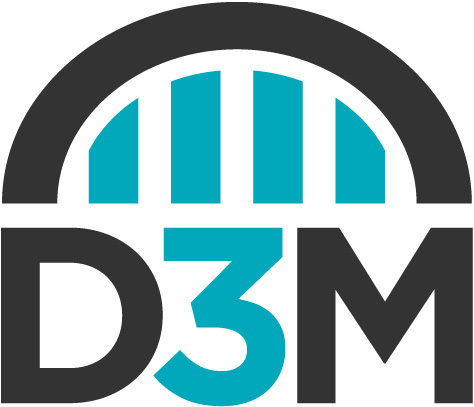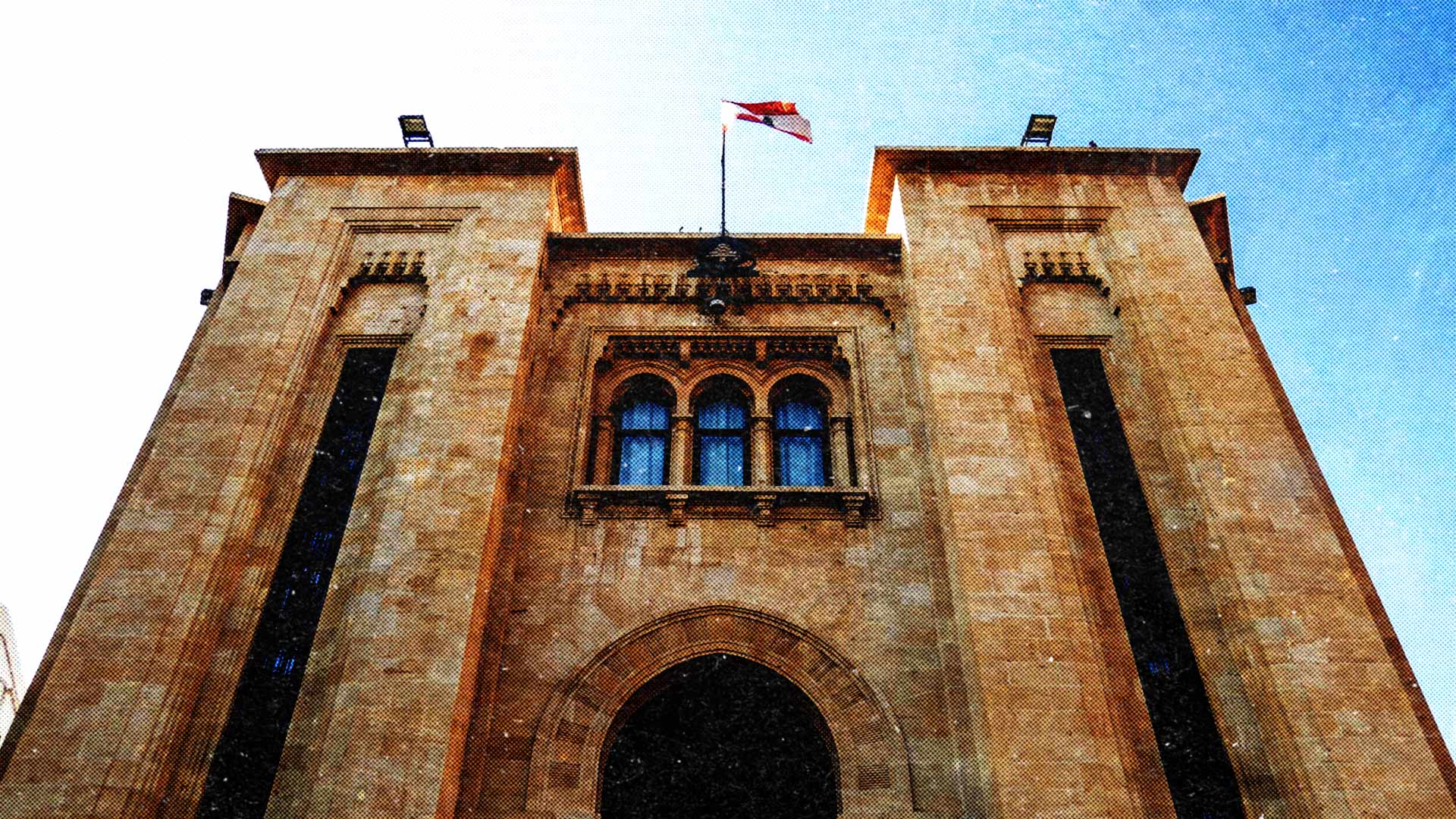The following content is drawn from D3M analysis on the update to the banking secrecy law in Lebanon published in the official gazette on November 3, 2022.
The following talking points are recommended:
- TALKING POINT 1: The Updated Law: An advance but not a Victory
- TALKING POINT 2: Application Must be Retroactive – Amnesty No More
- TALKING POINT 3: Independence from special interests in the financial sector
- TALKING POINT 4: Effective Mandates to Access Banking Information are needed
- TALKING POINT 5: Those Against Banking Secrecy Bear Responsibility
TALKING POINT 1: The Updated Law: An advance, but not a Victory
Key Message:
The amended banking secrecy law is a significant step towards achieving fairer, progressive, and more sustainable public finances; however, the law passed is intentionally riddled with loopholes which allow the judiciary, the executive and the BDL to effectively impede implementation.
- Passing a banking secrecy law in line with international standards is needed to access an IMF deal and is a pre-requisite for future reforms such as bank restructuring, capital controls, and a fair distribution of losses to function appropriately.
- The newly amended law allows a more transparent crackdown on financial crimes while bringing Lebanon closer to access the IMF deal but is, however, rife with avenues for abuse of power by the politico financial elites.
- While key amendments have been passed due to pressure from Change MPs and civil society, the latest changes can delay, complicate and block the application of the law because of the roles of the executive, and the BDL and the required judicial process.
- Effectively, in its current form, the law passed is meant to appease the IMF rather than to actually facilitate lifting of banking secrecy to investigate financial crimes or tax evasion.
TALKING POINT 2: Application Must be Retroactive – Amnesty No More
Key Message:
Simultaneous amendments to other laws are needed to guarantee retroactive application of the banking secrecy law and to prosecute past financial crimes.
- To be effective, the lifting of banking secrecy must be applied retroactively in order to investigate and track past financial crimes, not least the USD $6 Billion transfer of funds around October 2019.
- However, several laws limit the scope of when banking secrecy can be lifted, including:
- The statute of limitations which applies differently according to the nature of the crime committed (generally between 3 and 10 years)
- The legal requirement under the Code of Money and Credit for banks to keep records spanning a ten-year period.
- One area where the statute of limitations does not apply, as per the amended law, is in cases of illicit enrichment.
TALKING POINT 3: Independence from special interests in the financial sector
Key Message
In order to ensure that the institutions tasked with lifting banking secrecy conduct impartial investigations into financial crimes, institutions must be independent from conflicts of interest with the BDL governor and financial sector interests.
- The Special Investigation commission (SIC), which was previously the only authority with the power to lift banking secrecy, has failed to rigorously investigate financial crimes because it was controlled by the current BDL Governor.
- Now several bodies can theoretically request to lift banking secrecy on individual accounts: the SIC, the National Commission for the Fight Against Corruption, Tax Authorities at the MOF, as well as judicial authorities specialized in tax evasion, money laundering, illicit enrichment, embezzlement, and other crimes.[1]
- Three so-called administrative bodies can theoretically lift banking secrecy without access to specific or individual accounts: the BDL, the Banking Control Commission (working in close coordination with the BDL governor) and the National Institute for Guarantee of Deposits (whose 4 of the 7 board members are elected by the ABL, and mostly are commercial bankers).[2]
- Banks that do not comply with requests from the authorized authorities are currently referred to the Higher Banking Commission (HBC), which is chaired by the BDL governor.
- Due to its lack of independence from the BDL governor and the need for efficient application of the law, banks that do not comply with the law should be referred to the public prosecutor instead of the HBC.
- In addition, conflicts of interest between the commercial banking sector in the BCCL, NIGD and the SIC will need to be removed for the law to function in an efficient manner.
TALKING POINT 4: Effective mandates to access banking information are needed
Key Message
The role of the judiciary in lifting bankruptcy has been curtailed and compilated in the law by complex judicial and executive processes, instead of a clear legal enshrined mandate to grant authorities the direct right to conduct guarantee systematic, effective, and timely investigations.
- The new law extended the list of authorities allowed to lift banking secrecy, but the process of doing so is convoluted and contradictory.
- The ability of the judicial authorities competent in the investigation of financial crimes to lift banking secrecy on individual accounts is solely applicable in case of an existing ongoing criminal lawsuit.
- The existence of a lawsuit depends on a preceding investigation by the public prosecutor. However, the new banking secrecy law doesn’t grant access to bank account information to the public prosecutor for purpose of investigations.
- Restricting the public prosecutor’s access to banking information decreases the available evidence needed to file a lawsuit, consequently limiting the judicial authorities’ ability to investigate financial crimes.
- The terms and procedures by which the three so-called administrative bodies operate remain subject to implementation decrees initiated by the finance minister, and subsequently, the cabinet.
- The three administrative bodies’ efforts to lift banking secrecy can also be appealed, initiating a potentially lengthy process, and delaying the efficient application of the law.
- Requiring the application of the law to be subject to executive decrees and long appeals process in the court will almost certainly mean the law is never applied effectively or efficiently.
- Other existing laws contradict the new banking secrecy amendments, such as Law 32 of 2008 granting the SIC the exclusive power to lift banking secrecy, which can obstruct all the pertinent entities’ effective access to bank information.
TALKING POINT 5: Those against the impartial lift of banking secrecy bear responsibility
Key Message
Change MP’s and civil society need to work on empowering institutions who now have authority to exercise it, while also advocating for specific amendments to the present law.
- Institutions which have been ignored—such as National Commission for the Fight Against Corruption and Tax Authorities—need to be empowered with human and financial resources to conduct investigations, particularly into unpaid taxes.
- Alongside international funding and IMF support, the capacity needs of these institutions can be paid for through earmarked taxes and fines to fund their administration and capacity.
- Failure to empower new institutions or hold existing ones accountable for now applying the law will protect financial sector interests as the expense of the public good who will suffer from a further deterioration of the financial situation, decreased state spending, lack asset recovery and the non-existence of an IMF deal.
[1] Specifically, Crimes stipulated in Article 19 of the Code of Criminal Procedures, Cases of illicit enrichment under Law 189 (2020) (Box B), Crimes stipulated in Law 44, Article 1. See position paper for full explanation.
[2] Including Chairman and General Manager Ghassan Assaf of BBAC.




